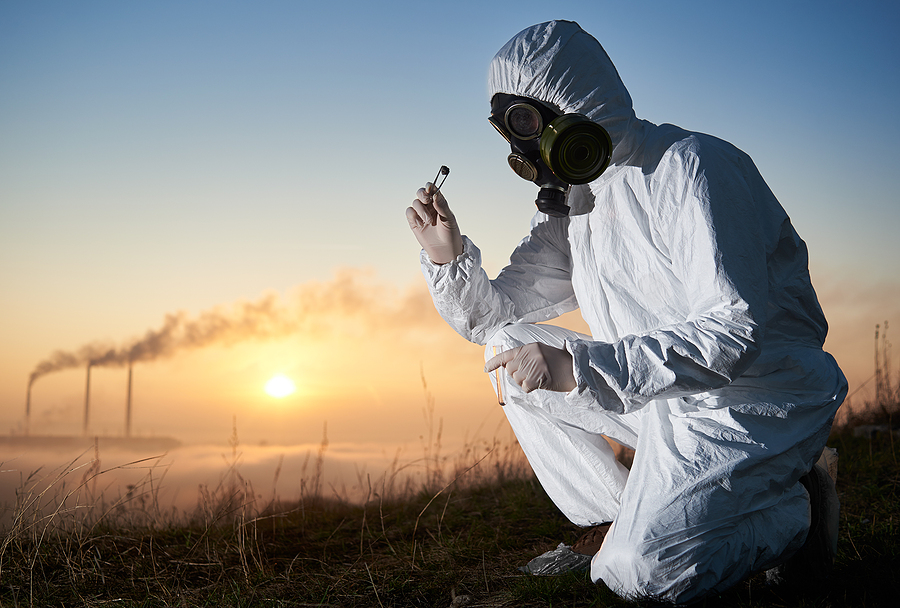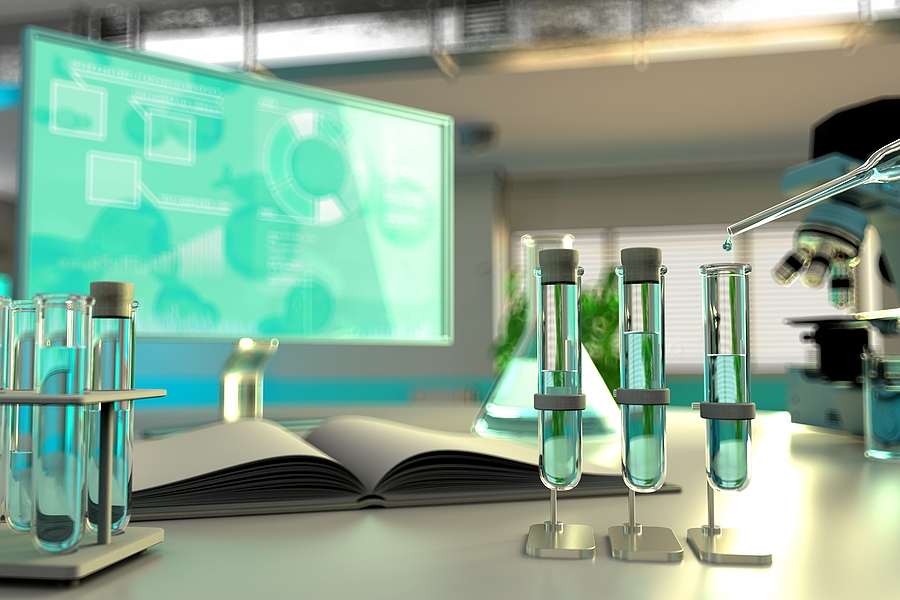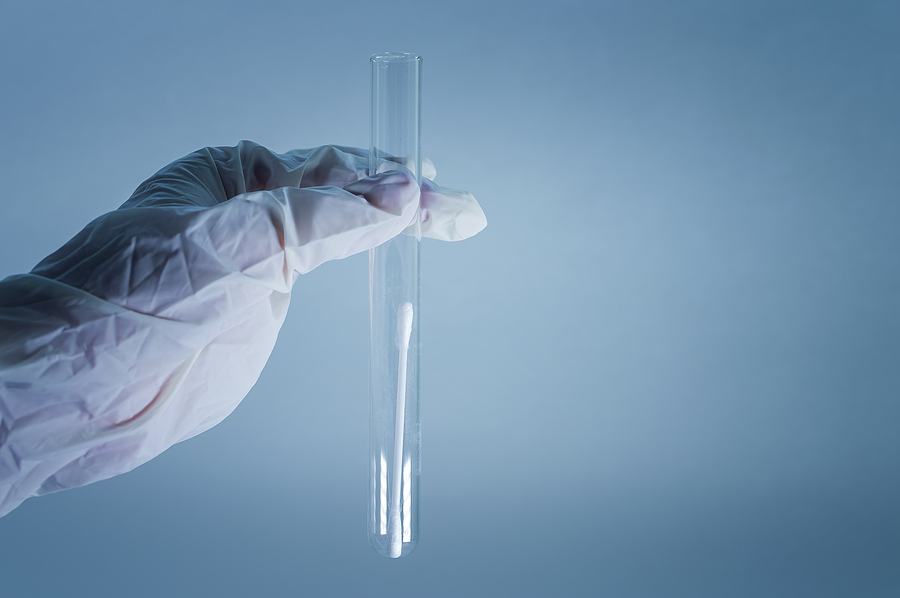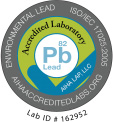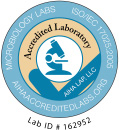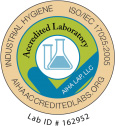
Water quality is vital for people everywhere. The water running from the tap is the water we consume, shower in, and give to our children and pets. Water contamination concerns have always been a reality, but since the lead-pipe crisis in Flint, Michigan, Americans are more concerned than ever about what is in their tap water. The Safe Drinking Water Act allows the EPA to set standards and regulations for what constitutes “clean” water. Some states have “cleaner” water than others based on a variety of environmental factors, like fires, droughts, bacteria like legionella, as well as more governable circumstances like lead found in pipes.




